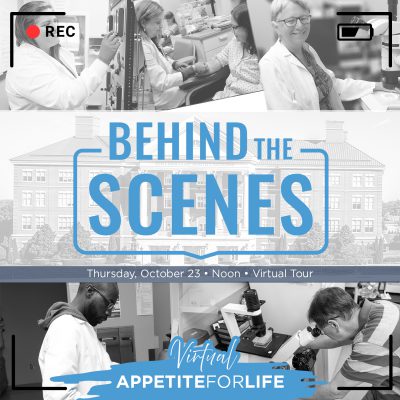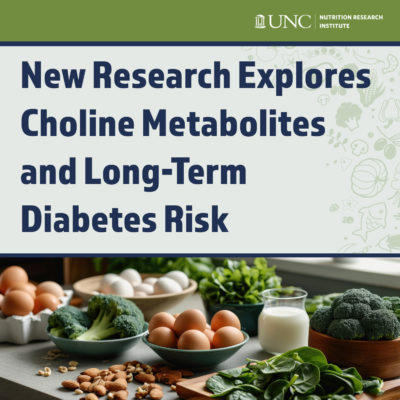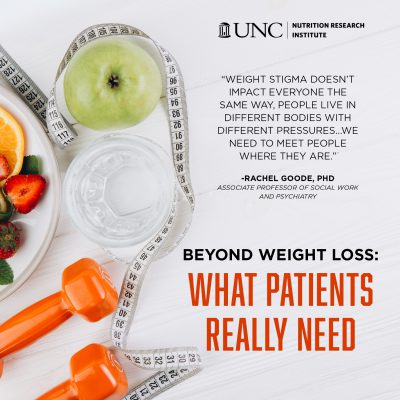Microbiome and Nutrition
The complex community of bacteria, yeasts and viruses living in our intestines, collectively known as the gut microbiome, is shaped, in part, by what we eat. Genetics, environment, and other factors also influence an individual’s microbial community. Research at the NRI investigates these complex relationships and their impact on disease risk. We use animal models and bioinformatics to study the associations between nutritional metabolites, gut microbiome, and health. What happens in the gut doesn’t stay in the gut. Your microbiome can play a role in cardiovascular disease, obesity and diabetes, and even cancer. Our team envisions a future where analysis of your microbiome can determine disease risk, and medical foods can be prescribed to treat and prevent disease by regulating the microbiome.
Publications
Microbiome and Nutrition Publications
2020
Population studies of TMAO and its precursors may help elucidate mechanisms. Meyer K
2019
Association of dietary patterns with the gut microbiota in older, community-dwelling men. Meyer K
2018
Meta-analysis of human genome-microbiome association studies: the MiBioGen consortium initiative. Meyer K
Human microbiota, blood group antigens, and disease. Sumner S
2017
Trimethylamine N-Oxide, the Microbiome, and Heart and Kidney Disease. Zeisel S
2016
Diet and Gut Microbial Function in Metabolic and Cardiovascular Disease Risk. Meyer K
Antibiotic-mediated gut microbiome perturbation accelerates development of type 1 diabetes in mice. Sumner S
Related News
Go Behind the Scenes at the NRI
Take a behind-the-scenes tour of the UNC Nutrition Research Institute and see where discoveries are made. Learn how our scientists’ work is advancing nutrition and health.
Dual Grants Advance NRI’s Mission to Prevent FASD
Two recently awarded grants from the National Institute on Alcohol Abuse and Alcoholism (NIAAA) will fuel research aimed at better understanding, and ultimately preventing, the effects of prenatal alcohol exposure.
New Research Explores Choline Metabolites and Long-Term Diabetes Risk
Checking betaine levels could become a way to identify people at higher risk of diabetes and provide opportunities for targeted lifestyle interventions.
From Genes to Cancer Risk: Student Research in Precision Nutrition
Graduate students at the NRI are uncovering how genetics and multi-omics can transform nutrition into a more precise, preventive, and personal science.
Beyond Weight Loss: What Patients Really Need
When it comes to body weight, no single story or strategy fits all. Conversations about weight and health are evolving, as more clinicians and researchers seek to support individuals in ways that reflect both scientific evidence and patient-centered care.






